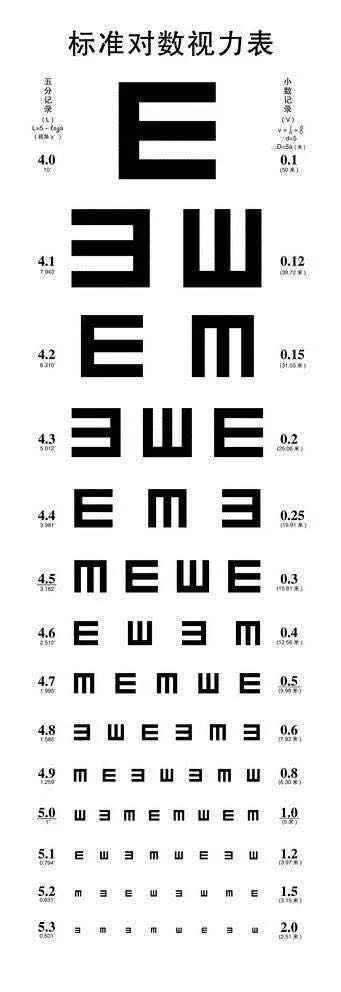I am from Mainland China and I find that the way we describe the eye prescription is totally different from English because we use a different metric system. If someone asks me "What's your eyesight?" or "How strong are your glasses?" I don't know how to answer it.
I googled the answer and find that I may answer like "I’m nearsighted with -3.0 diopters in my left eye." But diopter seems be a big word, I can't even find it in longman https://www.ldoceonline.com/spellcheck/english/?q=diopter . So I am wondering do people really use it ?
I also see the answer like I am 20/100 vision. After google that meaning I have a rough idea what that means. But still it seems too complicated to me. Do people really use that ?
The comment from @FumbleFingers made me realize I need to explain why I had such question in the first place. Because more that 90% of China’s youth suffer from near-sightedness, check here and here, it has become a common question to ask others. It is a small talk to connect people.
BTW, in China it is really simple. The biggest E on the top is 0.1 (the old system) or 4.0(the new system). It means the worst. The bottom line is 2.0 or 5.3, the best.

